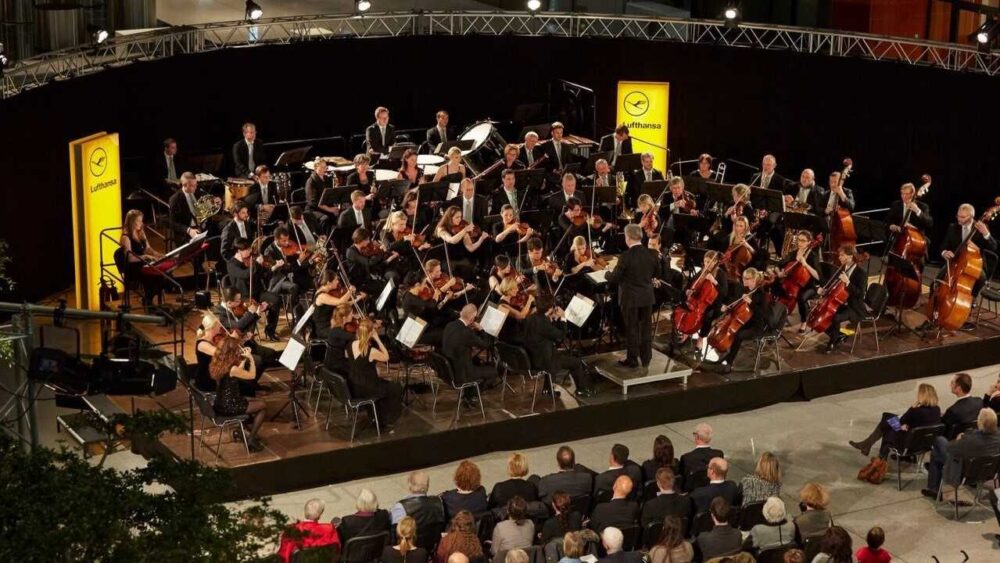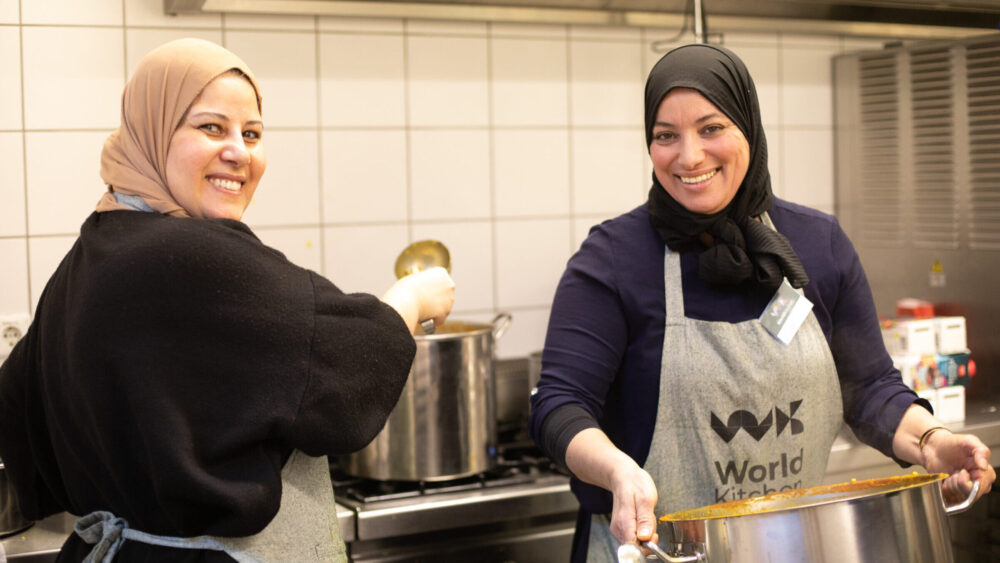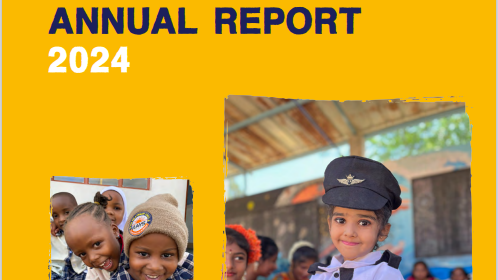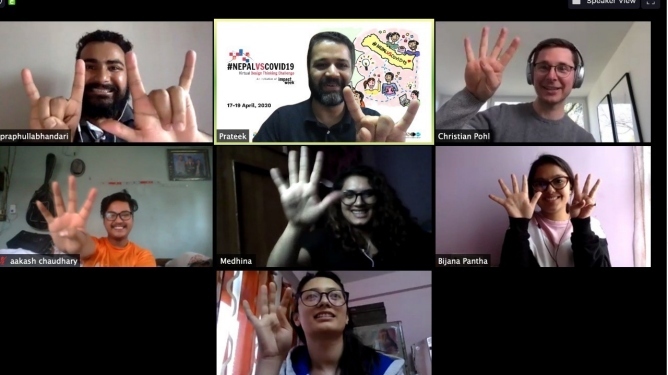
Virtual Impact Weeks
In response to the crisis, Impact Weeks has launched virtual Design Thinking Challenges
After many successful Impact Weeks in recent years, four weeks were again planned for 2020 to promote innovation as the basis for sustainable growth in developing and emerging countries. Since the Covid-19 pandemic has thwarted this plan, a virtual format was launched without further ado: the virtual Impact Week.
The goal of the new format is to bring the globally recognized methodology of Design Thinking into a fully digital environment. Participants complete the entire process of understanding – observing – synthesizing – inventing – prototyping – testing in a virtual environment while working on various challenges, e.g. in the fields of education or healthcare. Per event, ten teams take part in the intensive digital journey and are coached by international experts and Design Thinking coaches. The participants use their skills, ideas and passion to develop user-centric solutions. The virtual Impact Week will not only address the challenges caused by the Covid-19 outbreak, but also a much broader range of issues and challenges relevant to the people of the respective country.
Four virtual Impact Weeks with the countries Nepal, Kenya, Nigeria and India have already been implemented and the final preparations for a fifth edition together with young people in South Africa are currently underway.
The virtual Impact Weeks are an outstanding example of how, despite the crisis, it is possible to inspire young people to think innovatively and enable them to actively shape their future with their own ideas.
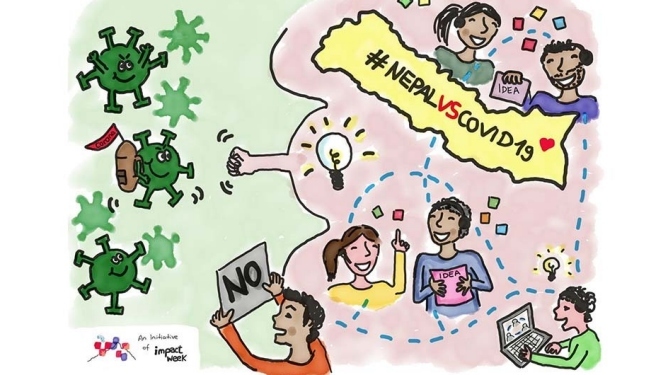
Read here a report about the first virtual impact week "NepalvsCovid19"
In mid-April, eleven Lufthansa Group employees organized the first virtual Design Thinking Challenge in Nepal under the initiative of Impact Week. Around 60 students and young professionals from Nepal developed solutions to questions such as: How can vital goods be made available to the poorest of the poor in Nepal in a lockdown? How can people in rural areas be informed about the background of Covid19?
Aman Bhattarai, Senior Consultant at zeroG, was the main organizer of the event “NepalvsCovid19”: “We wanted to give young Nepalese people the opportunity to see the lockdown as an opportunity for their creative and user-oriented solutions that can help to tackle the pandemic in Nepal and simplify life on the ground”. At that time, Nepal was in the early stages of the pandemic and had already imposed a strict and comprehensive curfew and a lockdown.
Bhattarai, who grew up in Nepal himself, did not need much persuasion to convince other colleagues to join the project. Some colleagues from different Lufthansa Group companies were already participants of the Impact Week in Kathmandu in November 2019 and now had the chance to apply their knowledge as coaches.
“A total of ten teams had about 60 hours to develop solutions along the Design Thinking (DT) method – all completely virtual, of course. Each team was accompanied by a coach,” explains Anna Lena Drewitz (xLAB, Lufthansa Global Business Services), who herself acted as coach.
Ten comprehensive and creative solutions were submitted at the end together with a three-minute video pitch, which were then evaluated by a renowned jury. The winner received an initial funding of 500 euros to bring the idea to market as quickly as possible. Aman Bhattarai enthusiastically sums up: “We were able to show that virtual collaboration can also lead to the establishment of innovation and entrepreneurship worldwide.”

